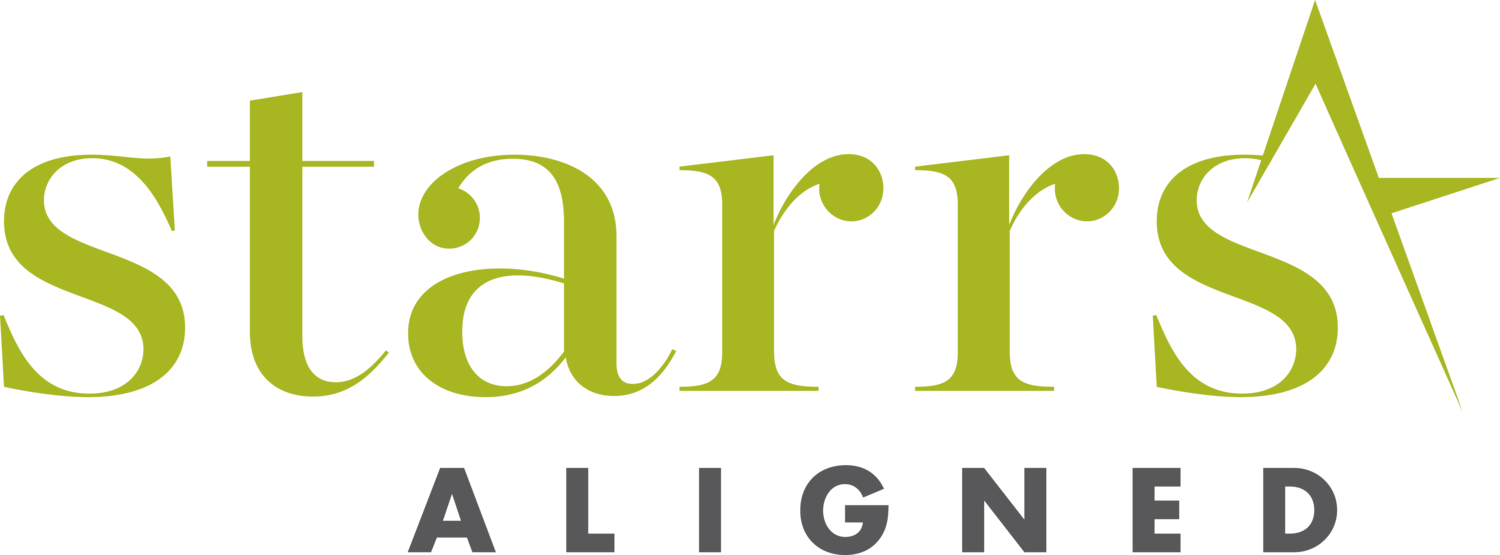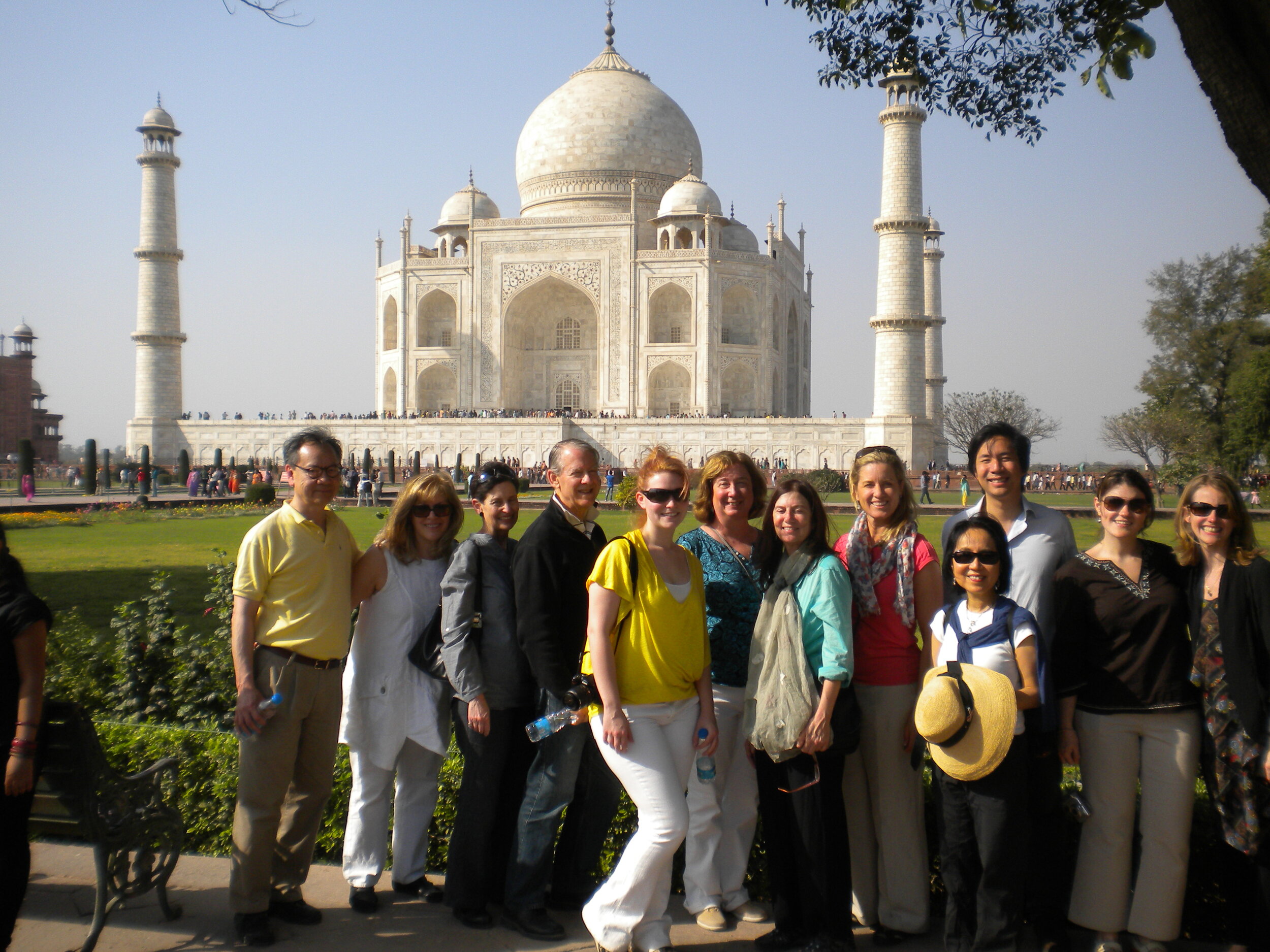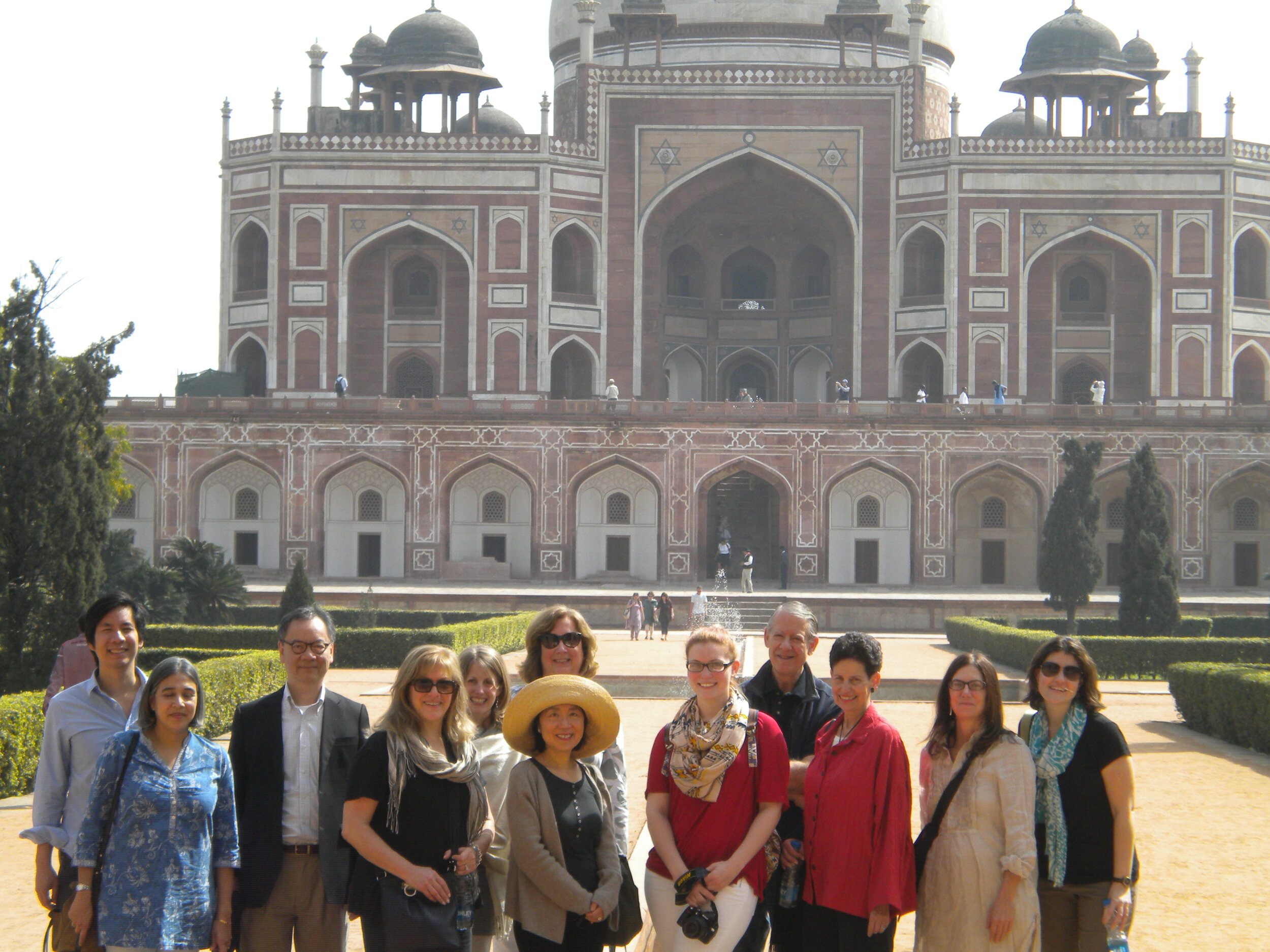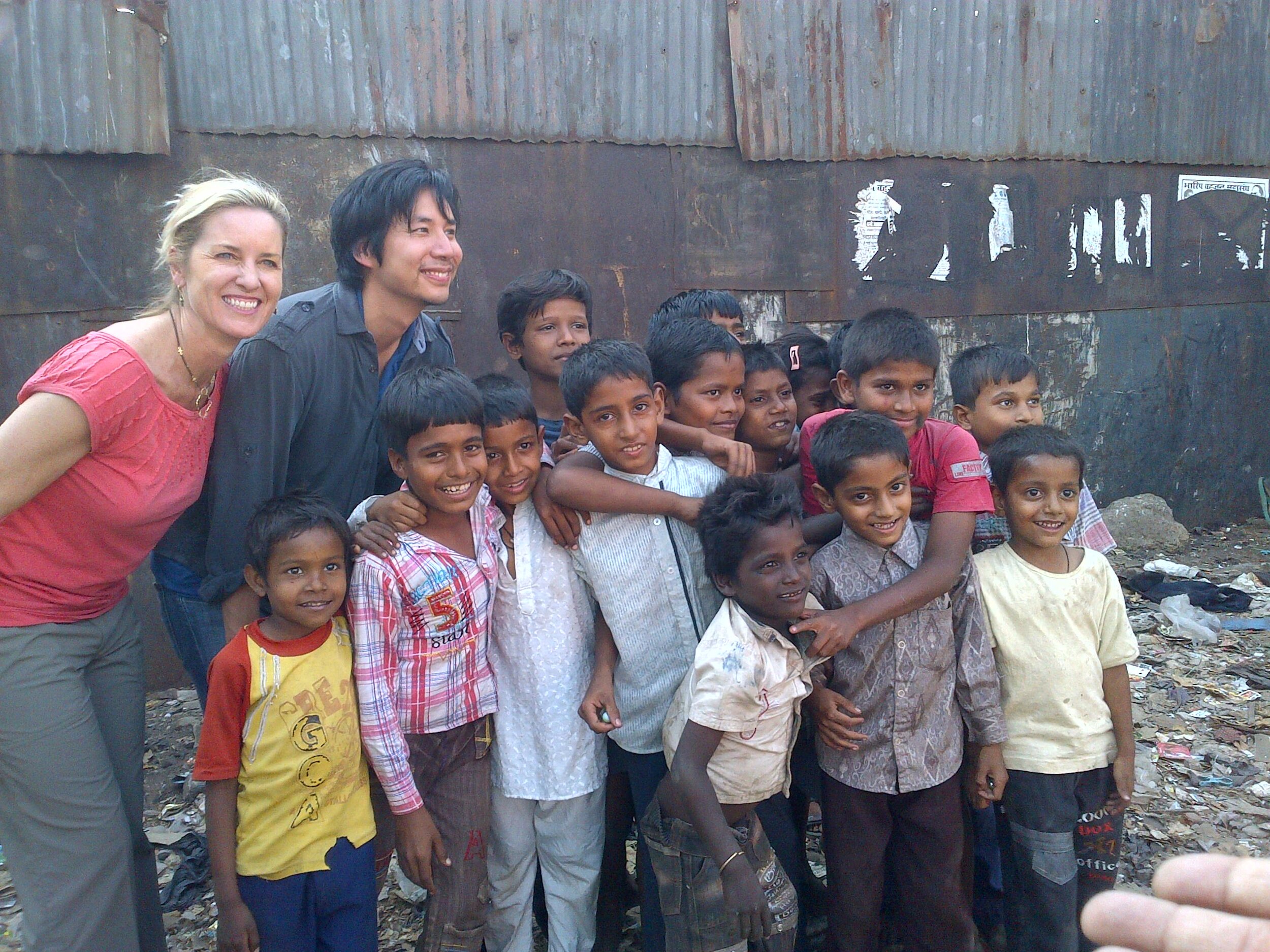Creating Community
Case Study of Ellie’s work while employed at the Harvard School of Public Health.
Organization: Harvard School of Public Health
One of 10 schools at Harvard University, this 107-year old institution has nearly 500 faculty, 1000 students receiving masters and doctoral degrees, and a yearly budget of approximately $300 million. Some of the most important discoveries in public health originated at the school: research that led to development of a polio vaccine; discoveries that lowered rates of heart disease and certain cancers; creation of the “Designated Driver” campaign which inspired declines in drinking and driving fatalities; and many more.
The Challenge
Philanthropic interest in public health at Harvard and globally had been traditionally dwarfed by donors’ attraction to medicine, biotech, and engineering. The school’s focus on prevention rather than individual patient care means it does not have a “grateful patient” donor base. Alumni pursue careers in government, NGOs, and non-profits, meaning they earn far less than alumni from Harvard’s medical, business and law schools, which limits the School’s pool of wealthy alumni prospects.
Shortly after Ellie arrived at the School as the Vice Dean for External Relations, Harvard University began the early quiet phase of a planned $7 billion campaign. The School needed to significantly grow its pool of potential of major and principal gift donors if it was to meet its $450 million portion of the overall campaign goal.
Because the school is part of a large university and has no fiduciary board of its own, it cannot offer membership to such a board to its largest donors. While the school did have a 200-person “Leadership Council” and other advisory groups dedicated to fundraising for particular faculty members or departments, Ellie concluded that the existing donor pool consisted chiefly of alumni and interested individuals who would make gifts of $100,000 or less during the campaign. Only a handful would be capable of making the much larger gifts required to meet the $450 million goal. Growing the donor pool was essential.
Ellie encouraged the Dean to create a new, high-level group called the Board of Dean’s Advisors. Invitees to this group would be limited to those capable of making $1 million + gifts. The board would meet once to twice annually, advise the Dean, and learn the inner workings of the organization.
To increase the cache of this group, and to attract more potential prospects, Ellie and her team also conceptualized the idea of an annual “Dean’s Trip” to one of the international sites where the School was doing significant work in areas ranging from AIDS to health systems to social determinants of health. Opportunities to participate in these highly curated 5-10-day trips with the Dean and key faculty would be by invitation and limited to members of the Board of Dean’s Advisors and select other individuals who had the potential to make large gifts.
Using the Dean’s renown as a global public health leader, willingness of others at the University to make some key introductions to potential members, and the powerful exposure to the Dean and the institution’s work that the Dean’s Trips provided, Ellie and the Dean were able to grow the Board of Dean’s Advisors to more than 20 members. Cumulative giving to the campaign by this group exceeded $400 million, and many members of the Board of Dean’s Advisors also served as the nucleus for the Capital Campaign Committee.
The School’s campaign ultimately raised in excess of $900 million, thanks in large measure to the building of this core group of high net worth individual donors.







